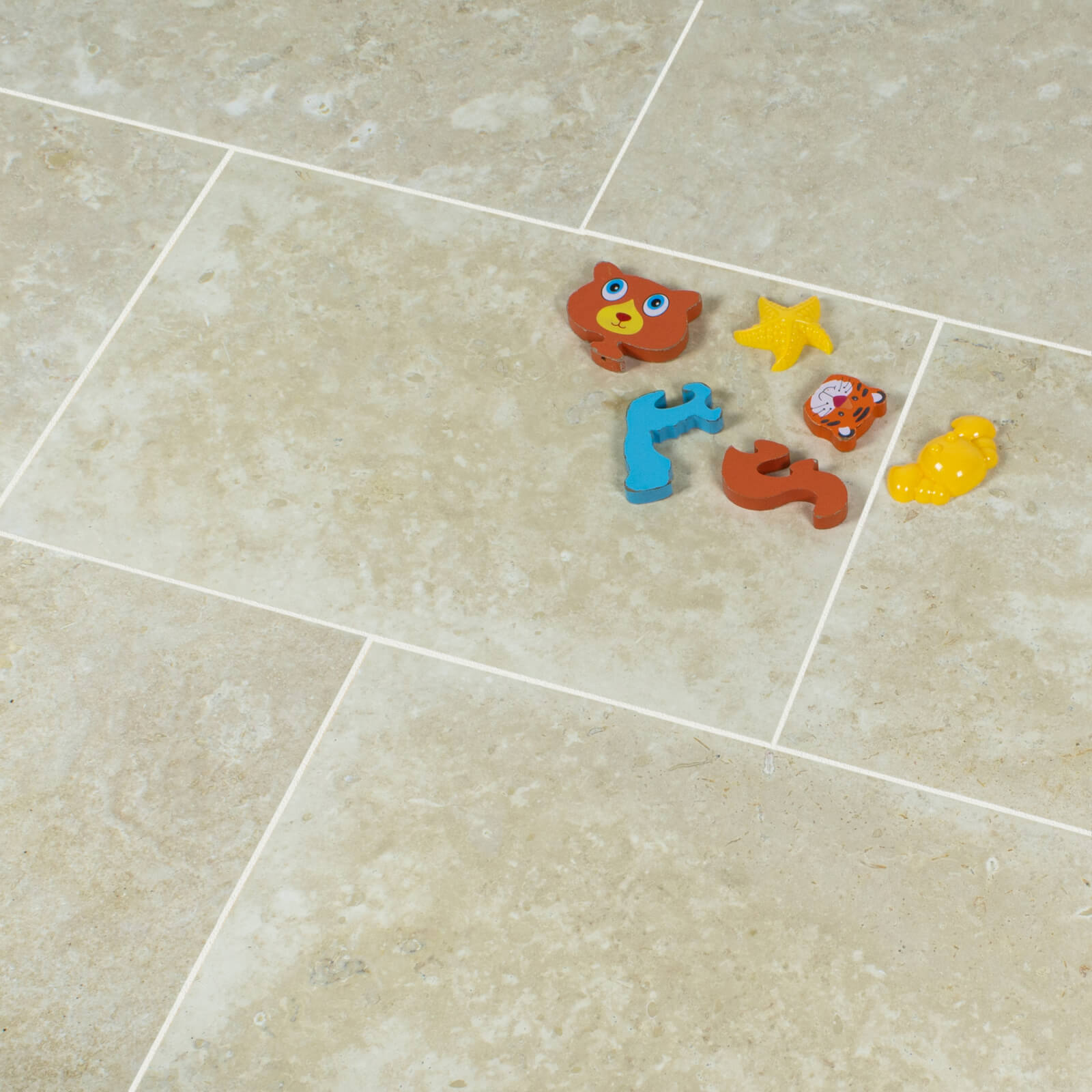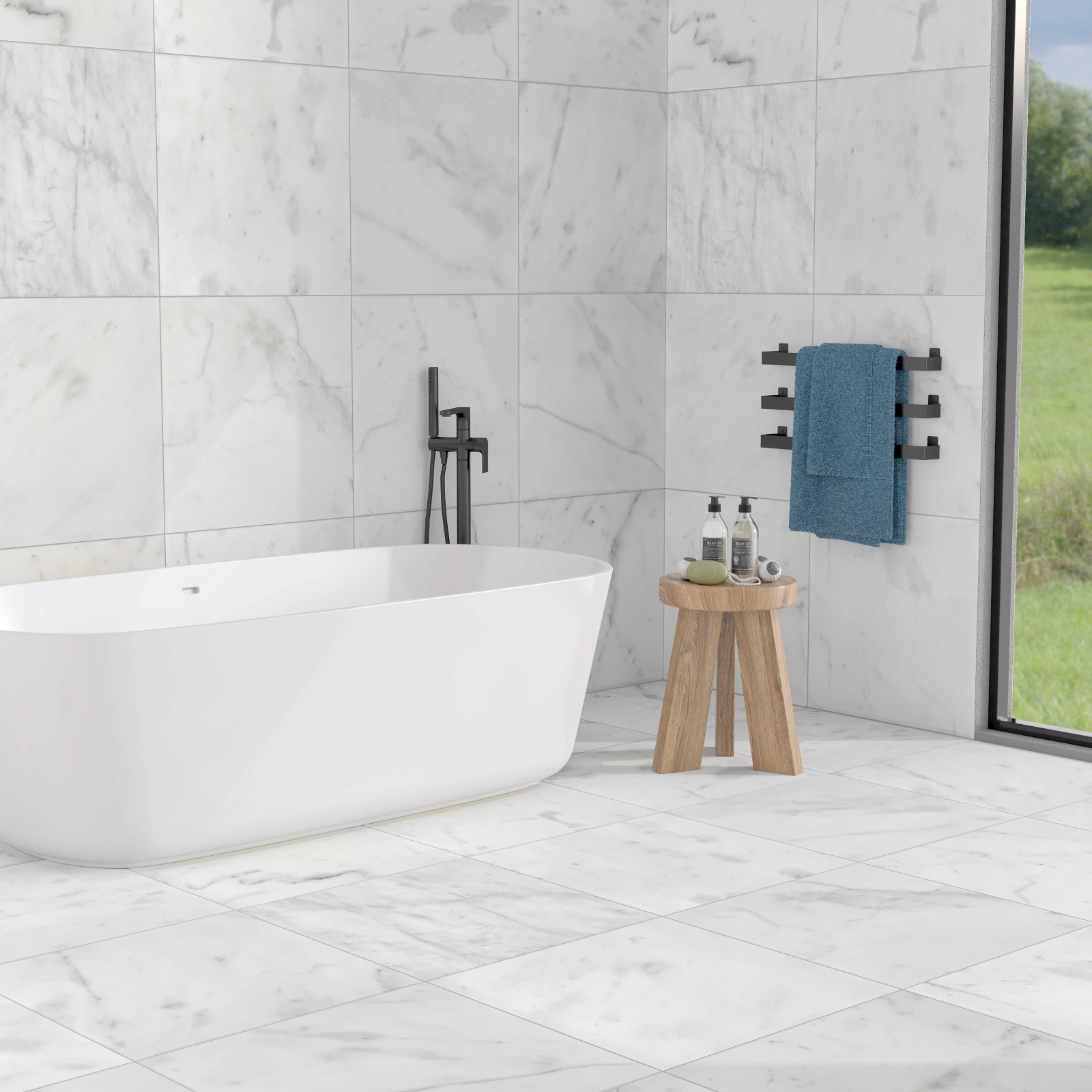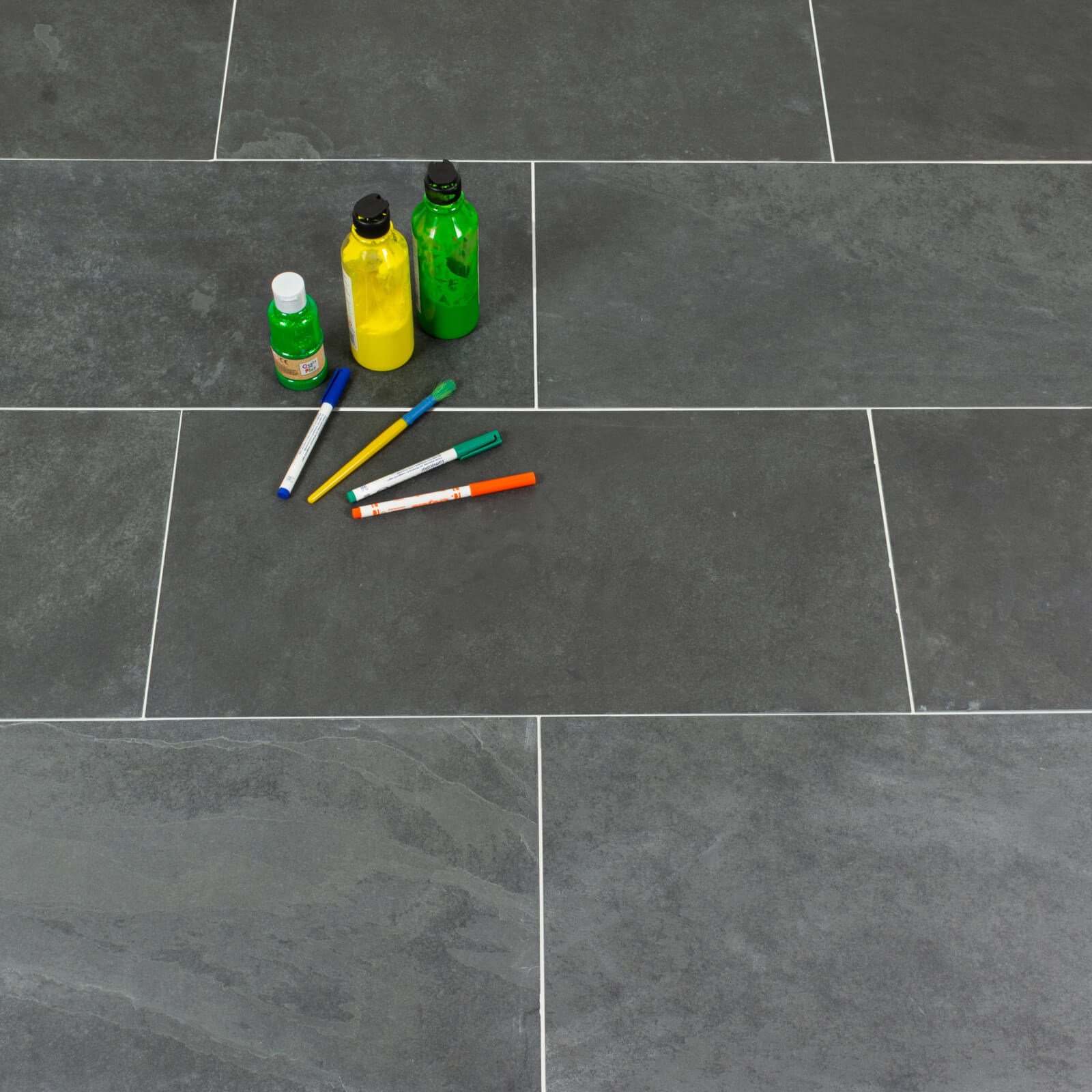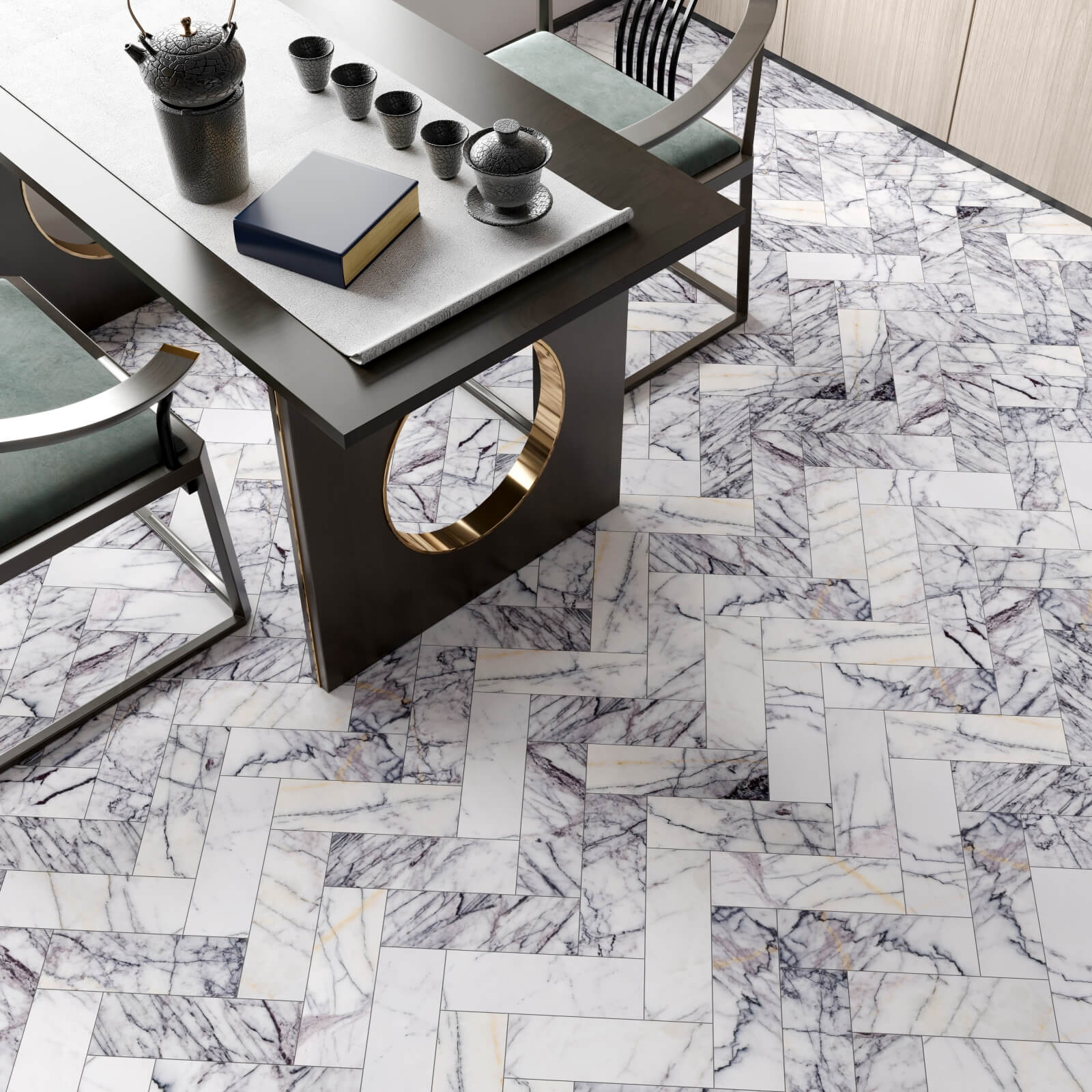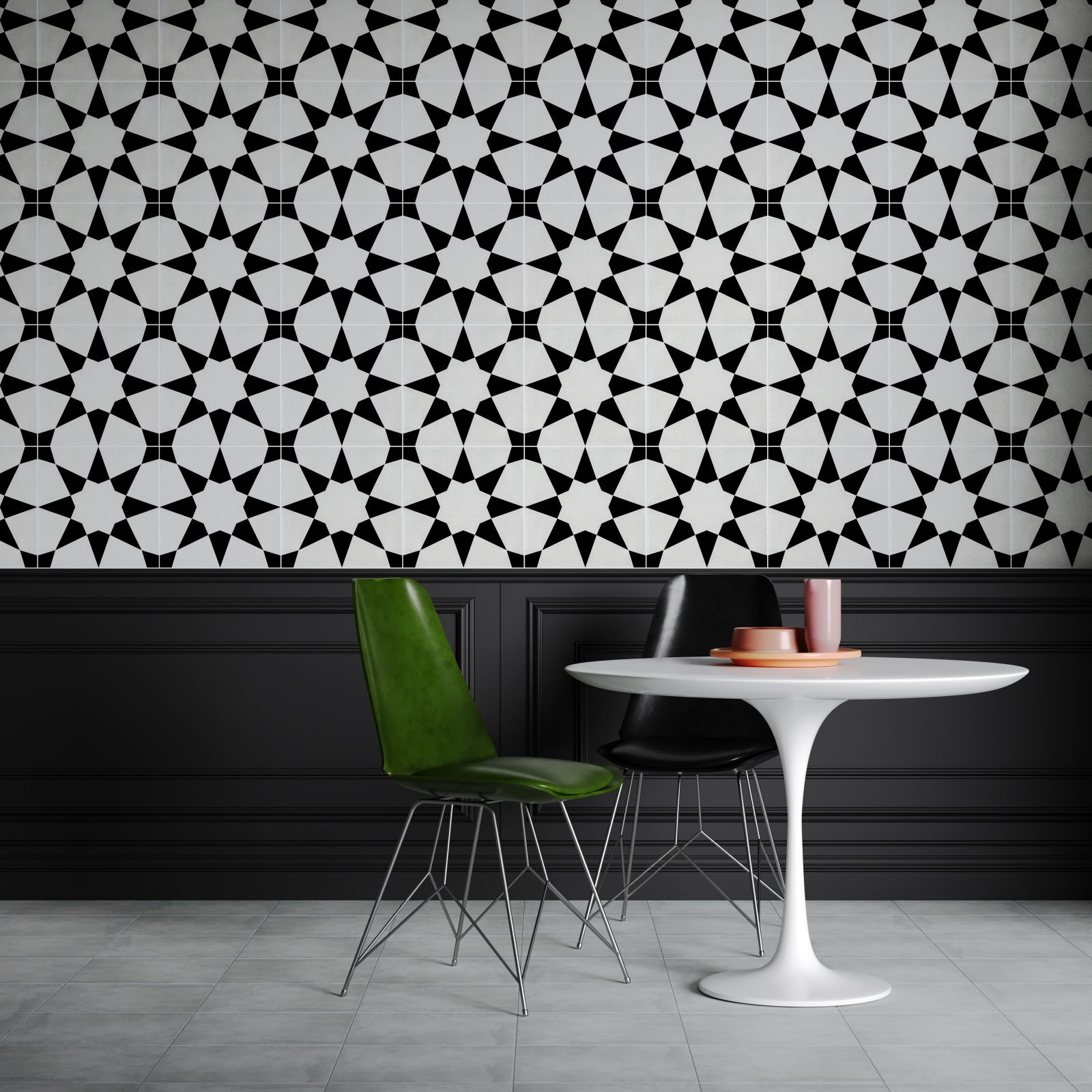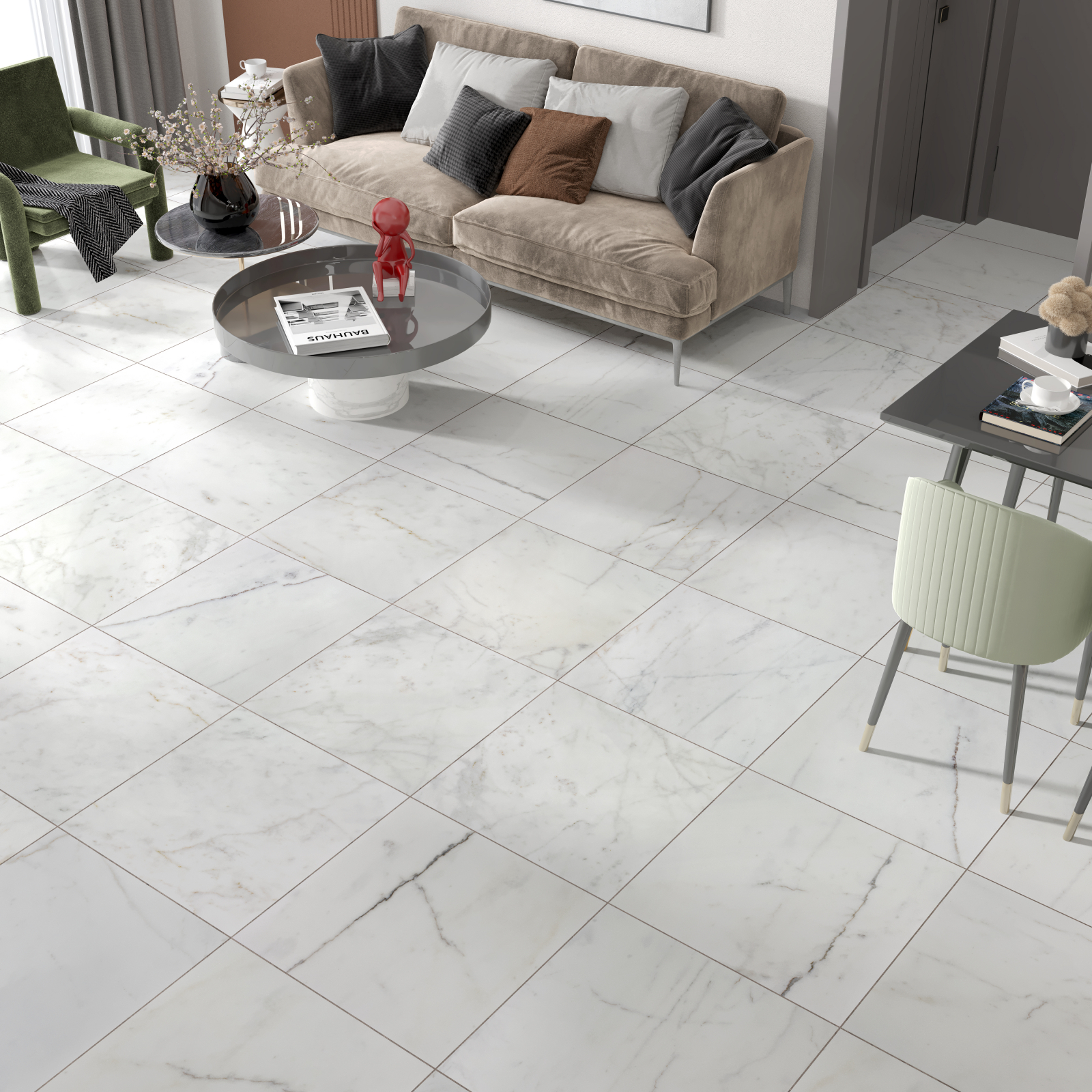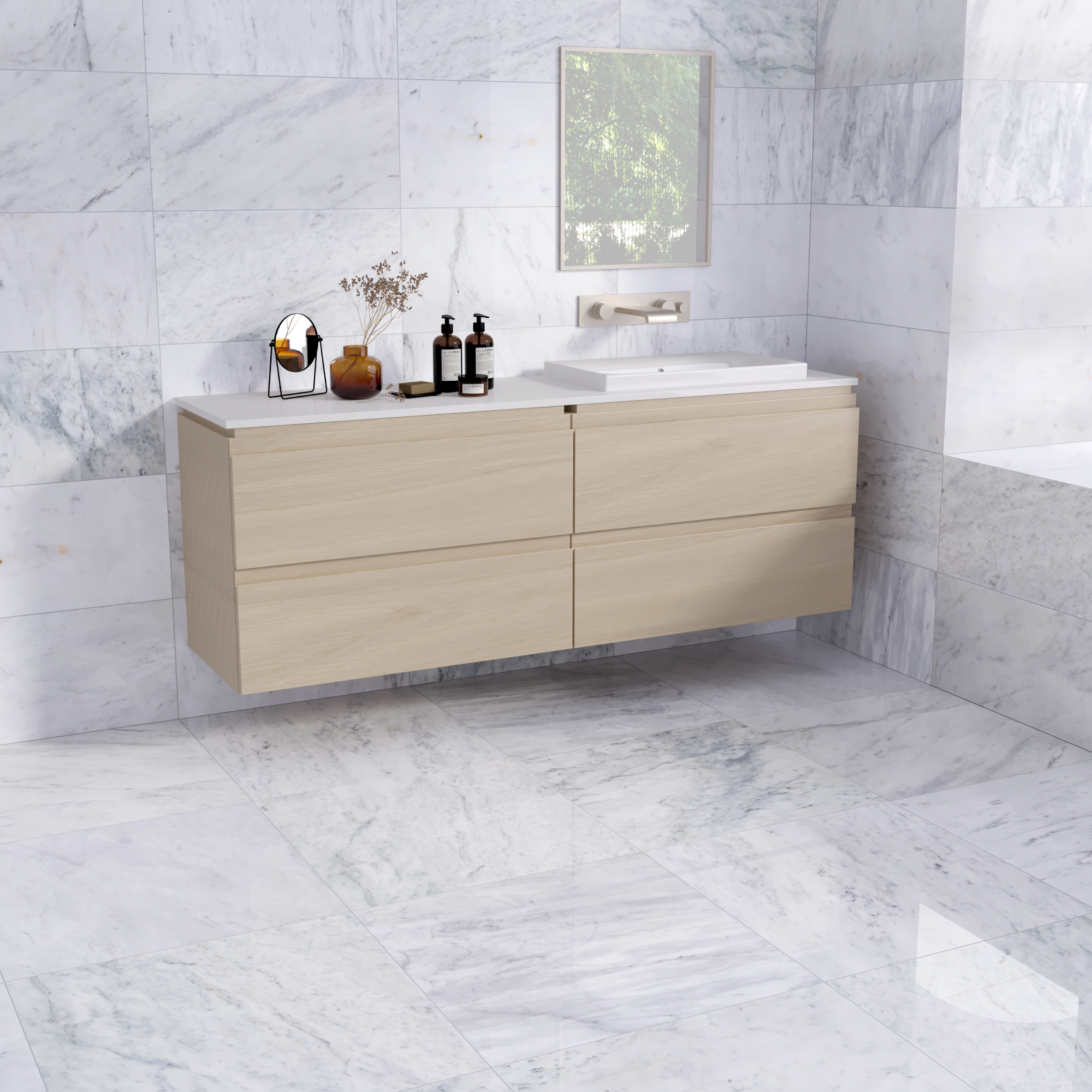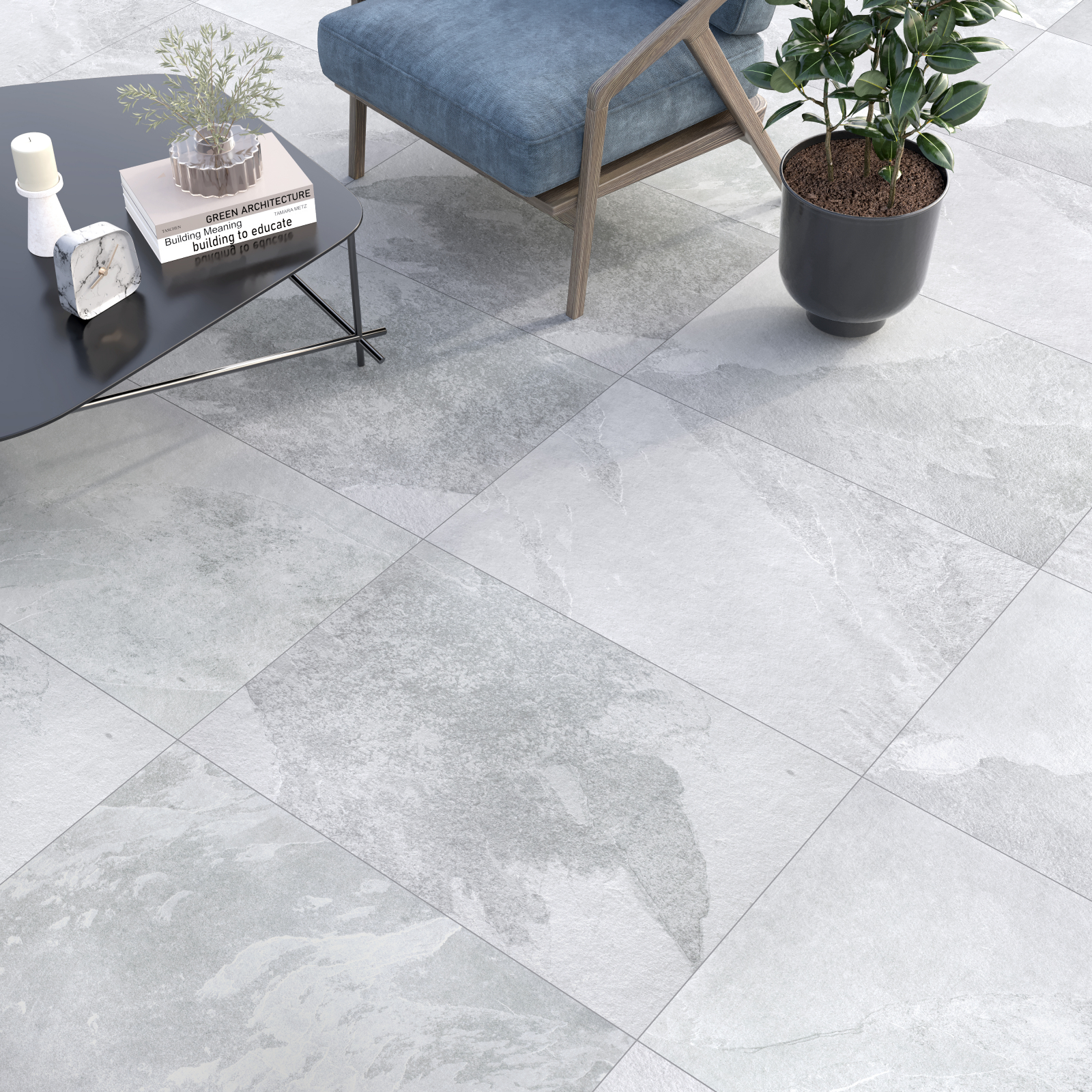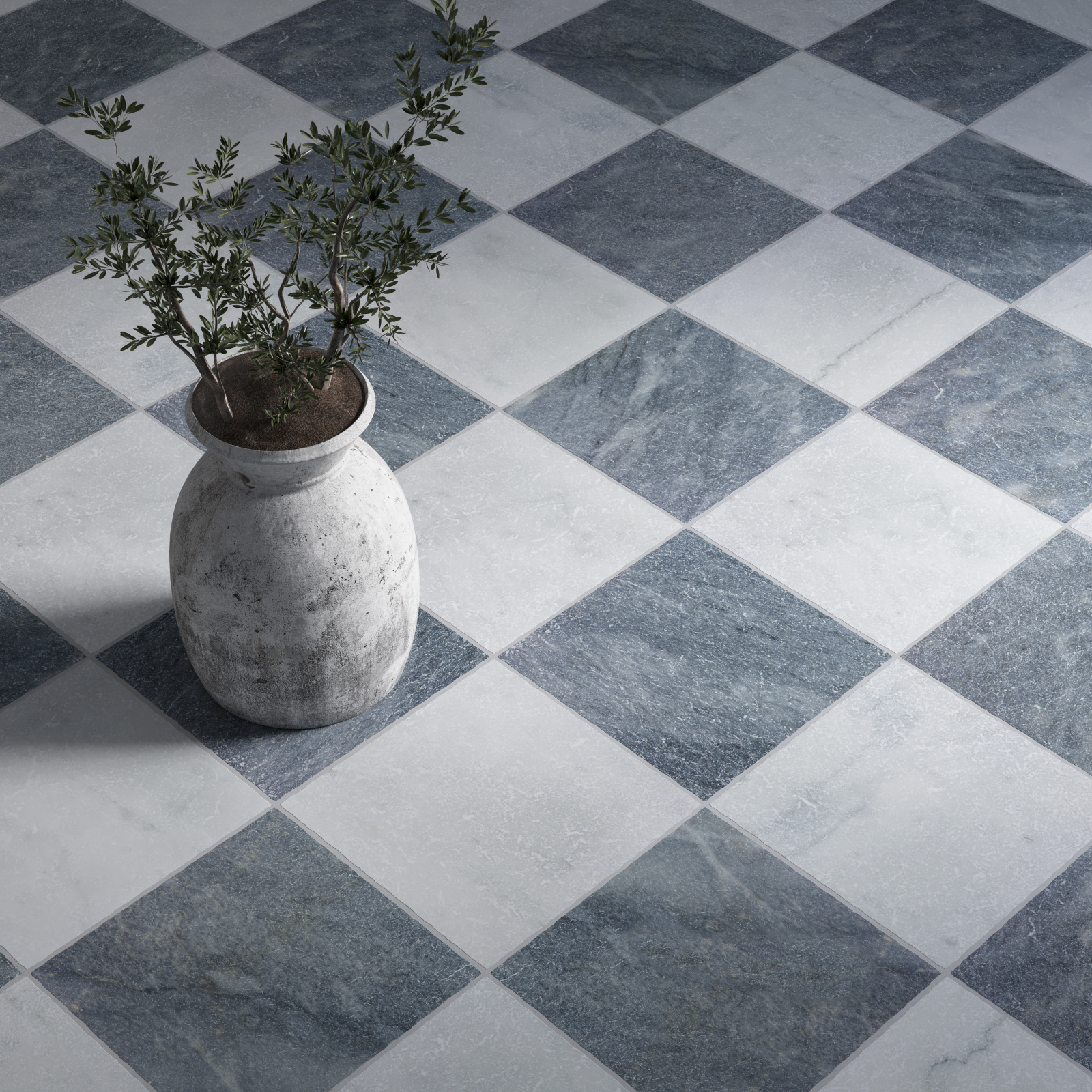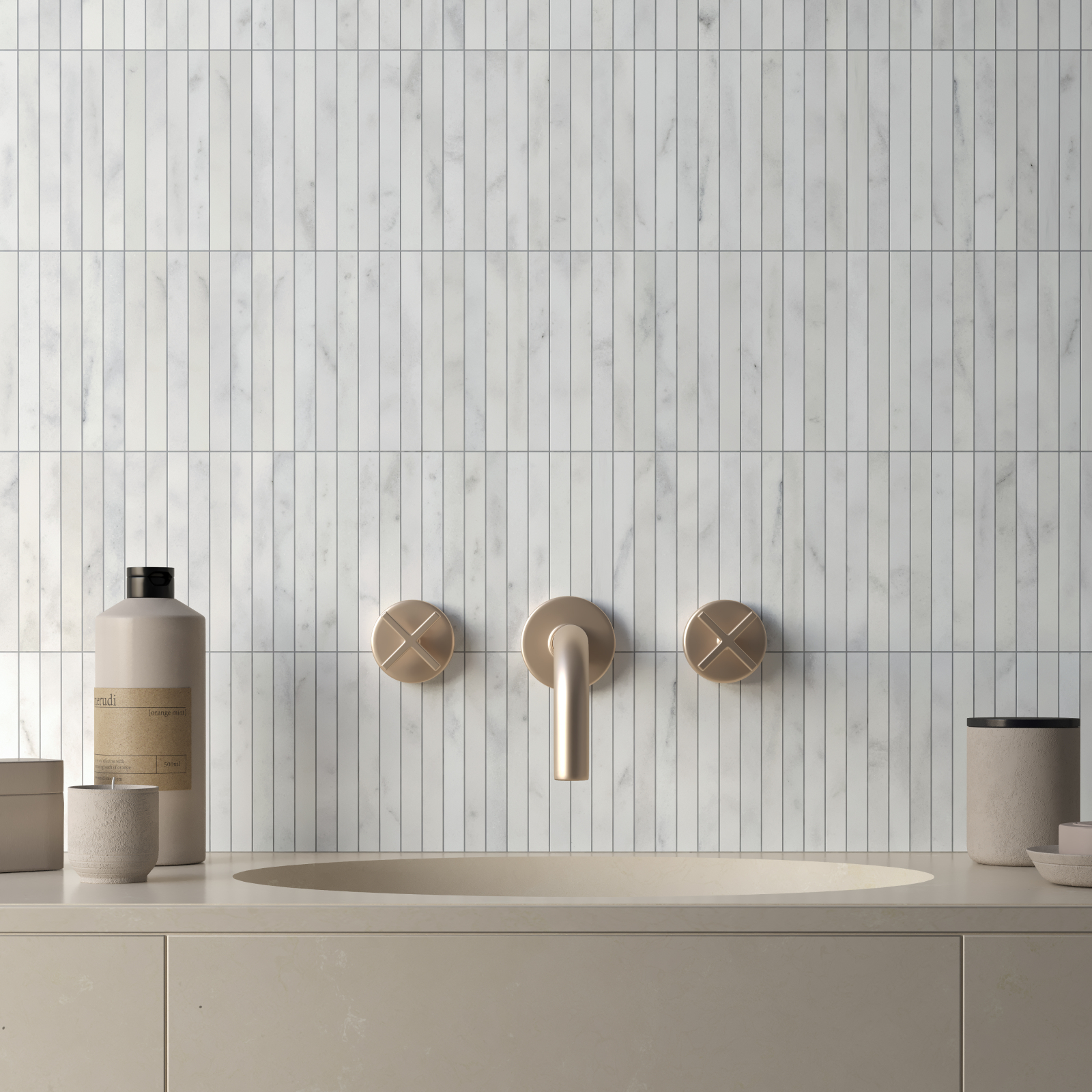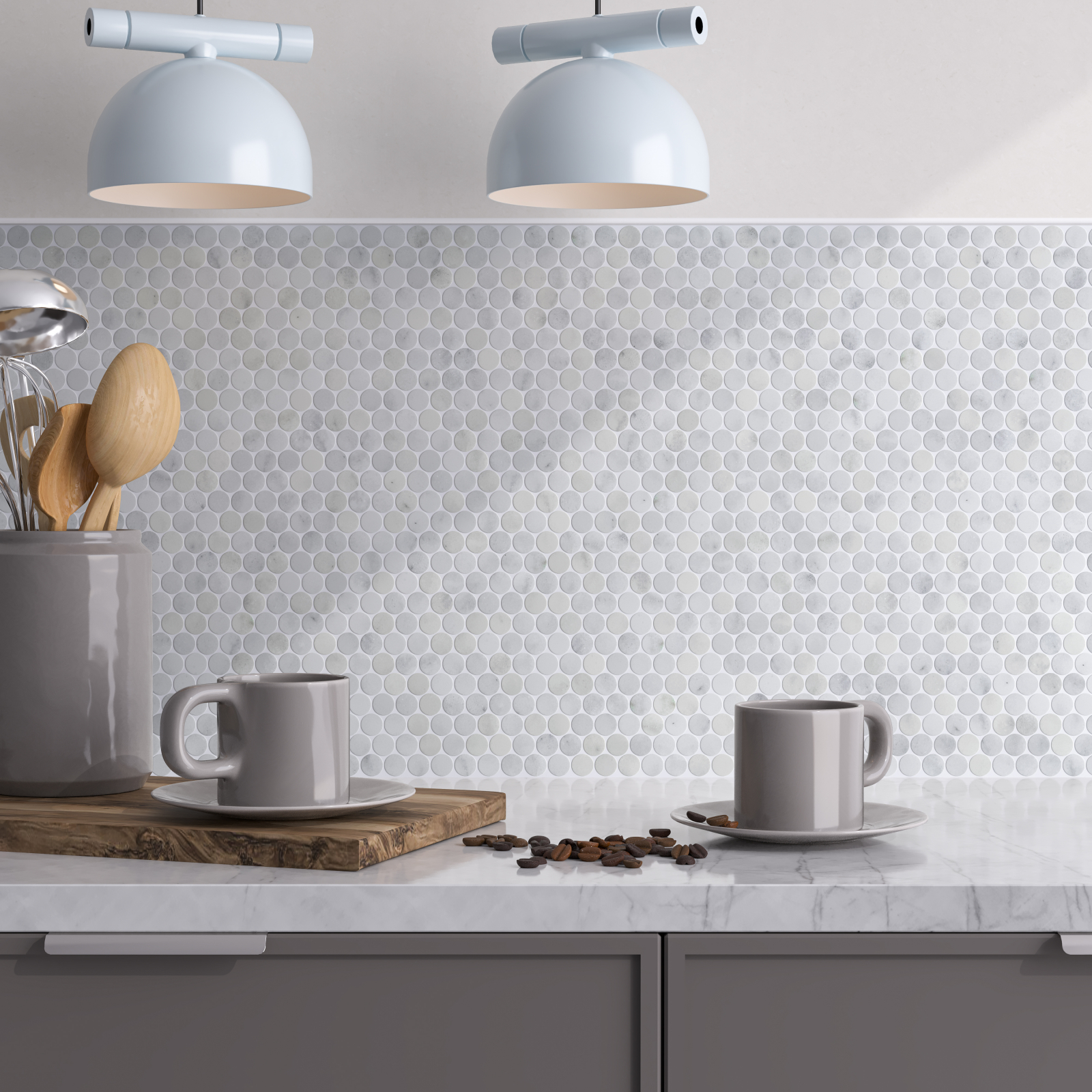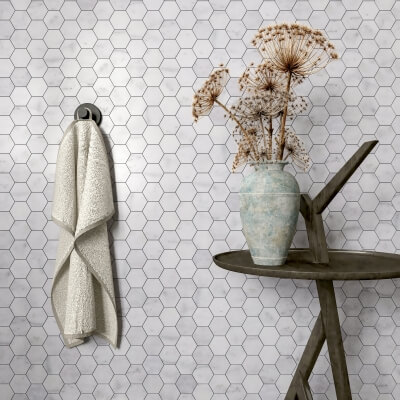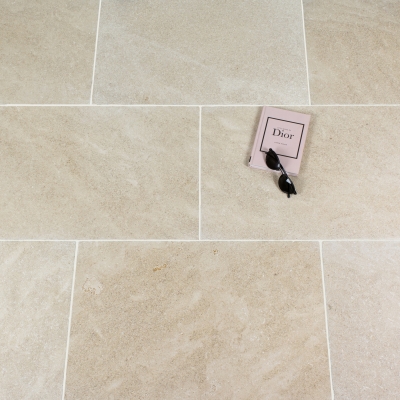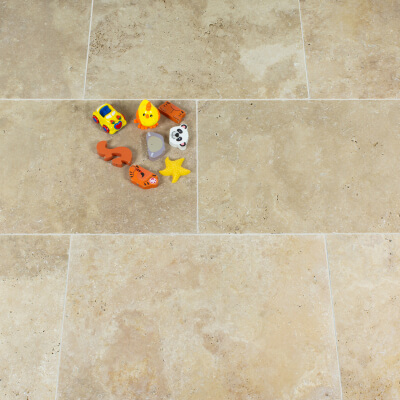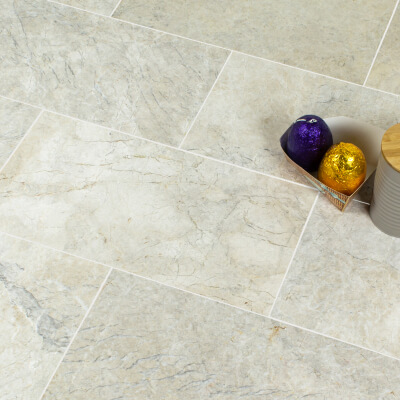Sealers, Adhesives & Grouts
When it comes to natural stone, you need the correct ancillary products just to make sure that your stone is installed & protected in a proper way. In this post, we will explain the some characteristics and importance of these items.
Sealers
Sealers are made of a liquid format and they are applied to the tiles to protect them from oxidation, natural day to day wear and protection from external elements being in-bedded into them such as spills and droplets. We recommend to, at the very least seal tiles before grouting and after grouting for extra protection, however, some tilers also prefer sealing tiles before they actually install them as well.
Stones have different absorption characteristics. Some soft stones (limestones, travertine or cement based) have more absorption rates so in the case of sealer is not present on the surface and you spill liquid on the tile, the liquid needs to be wiped out as soon as possible otherwise the surface will be stained.
We provide 3 types of sealers: Matt Stone tile sealer, Ironwax satin slate tile sealer and polished tile sealer.
They are used on matt finished tiles and helps protect tiles against staining, is a strong repellent of water, oil and grease and also allows surfaces to breathe. They are generally suitable for both internal and external use. We recommend using them from time to time, due to wear.
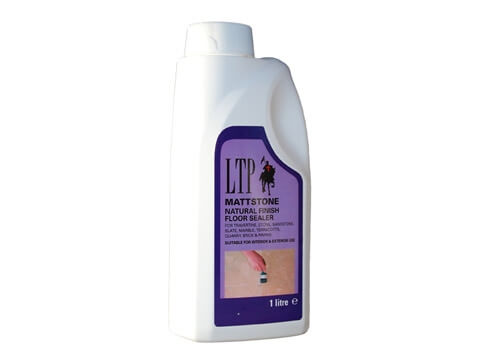
The polished tile sealers are in effect, are identical in their purpose as the matt finish sealers but are used on polished wall and floor tiles. They are also suitable for both internal and external use.
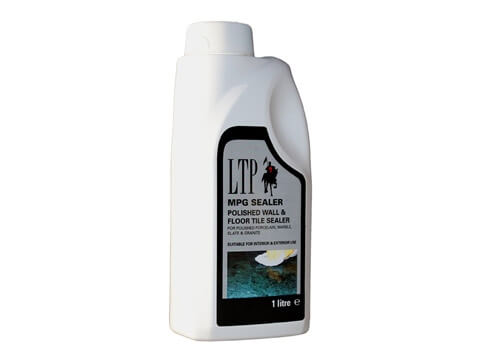
This product gives you the option of whether a matt finish or a satin finish is preferred as the final look of an installation. It is a ready to use solvent based protector. Simply applying one coat enhances tiles to a matt/low sheen with further coats increasing the shine right up to a low gloss look. Please bear in mind that multiple coats will decrease the slip resistance of matt tiles making them more slippery. Only recommended for internal use and not in wet areas.
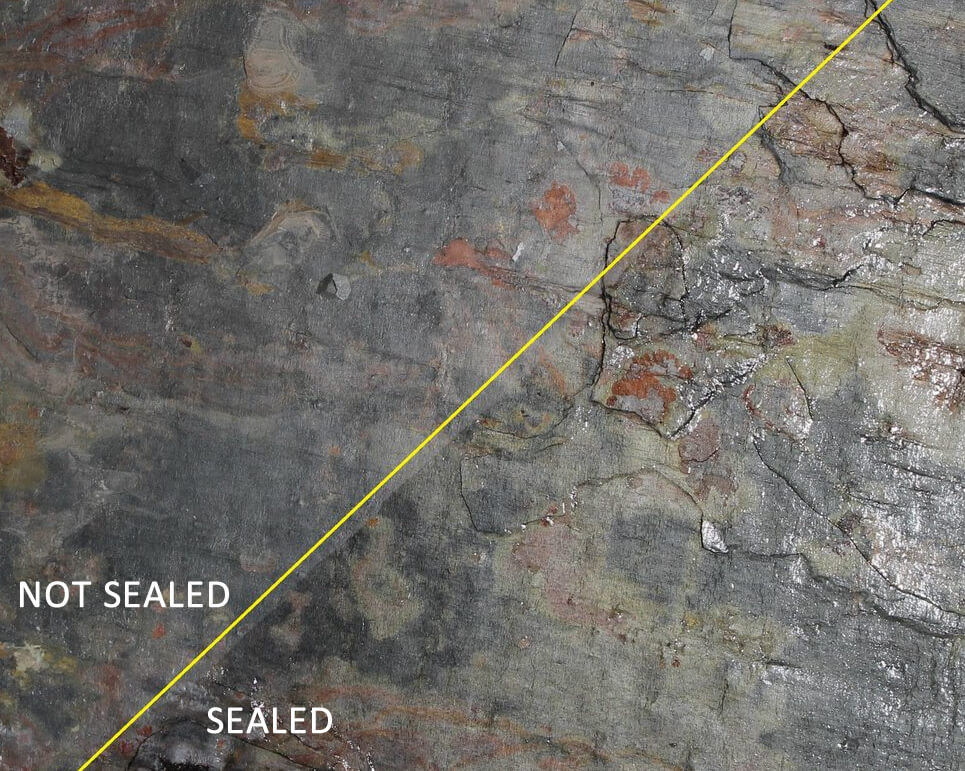
Porcelain Tile Sealers:
Porcelain tiles do not necessarily need to be sealed, as their water absorption rates are very low however some low quality porcelain tiles may need them. Some customers do want to seal them, be sure to pick up porcelain sealers for this purpose.
How much sealer do you need?
How much sealer is needed will depend on the surface area being covered. Normally 1 litre of sealer covers around 8 m2 of single coat. We recommend applying twice, before grouting & after grouting. We also recommend ordering more sealer than initially required as it is also a maintenance product which can be used at later dates to go back to reseal your tiles a year or so after installation to give it another layer of protection possibly after intense cleaning. If you are unsure how much sealer you require, please give us a ring; we will be happy to help.
Adhesives
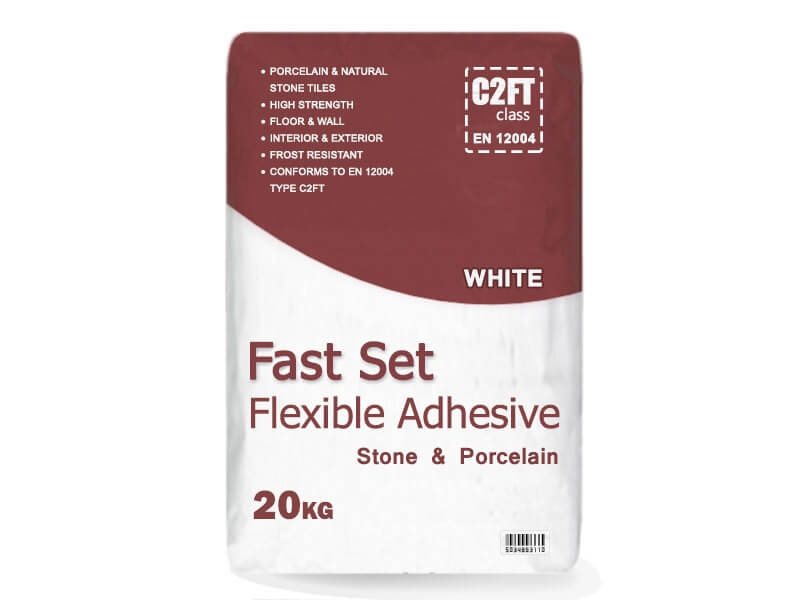
Adhesives are used to stick tiles to walls and floors. There are different types of adhesives in the market, some ready to apply, some are in powder form & mixed with water and some are mixed with additives only. Some definitions:
Flexibility: It is an important factor for the adhesive products as it gives partial movement on wooden - timber floors. Without flexibility, the tiles will not stand to movement of the floor and will crack or come loose in a short period of time.
Setting time: There are generally 2 types of adhesives, standard set and fast set. Standard set is generally have a 24 hour setting time, which means the floor will be ready for grouting or walking on it after this time. In the case of fast set adhesives, this time generally drops to 3 hours.
Open time: After the application of the adhesive, this is the time the adhesive still can bond to the tile. If the weather is very warm, this time may be shorter than usual.
Pot life: Once the adhesive is mixed with additive or water, it has to be applied within a certain amount of time otherwise the adhesive will set within the pot. In warm weather, this time may be shorter than usual.
Classification: On the bag of adhesives, you may notice some letters & numbers: For example C2FT or C2T: These letters and numbers have some meanings such as:
- C - Cementitious (Cement based Adhesives)
- 2 - Improved Adhesive
- F - Fast Setting
- T - Thixotropy (Reduced slip/ Slip Resistance)
For example, if you tile a wall, having Thixotropy will help as the tile will not slip from the wall once the adhesive is applied.
Grouts
Grouts are made with a mixture of water, cement and sand. They are in effect used to fill the space between each individual tile and provide the final finished look of your floor or wall installation and therefore an important part of an installation. They also work in keeping moisture and water away from back of the tiles.
We only supply flexible grouts in various colours, customers can use any colour they like with any type of tiles however, picking the most complementary colour of grout can make the difference between your finished installation looking very appealing or very tacky.
Again, if you are not sure of the quantities required of either the quantity of adhesive, grout or sealers, please contact us and we will be happy to help.


